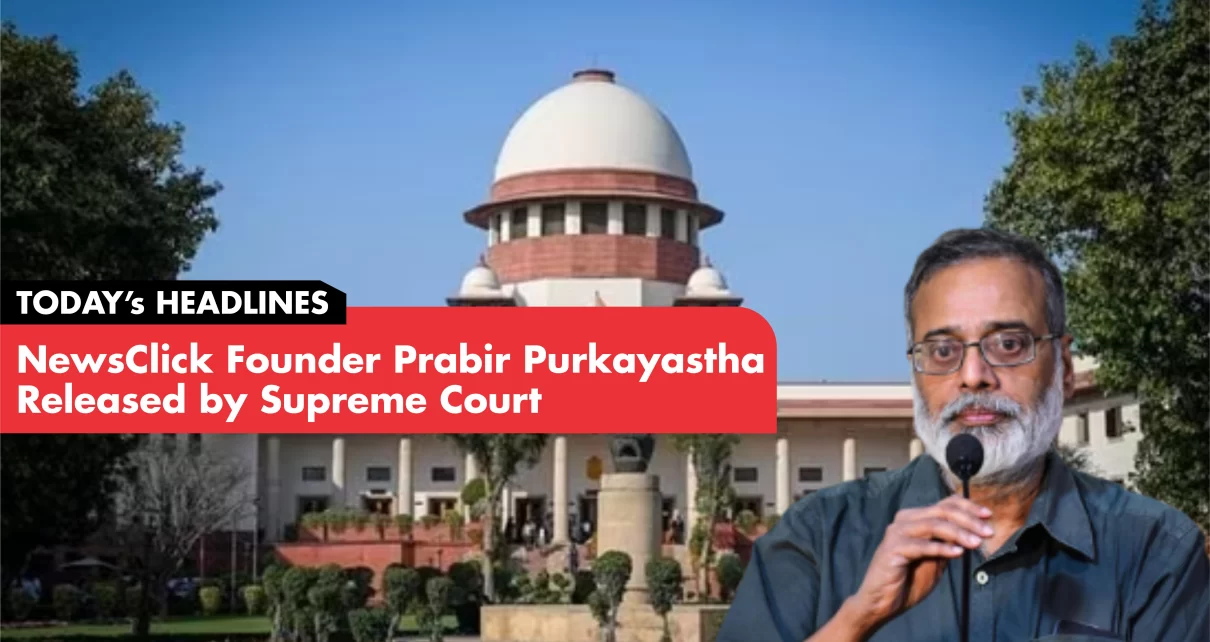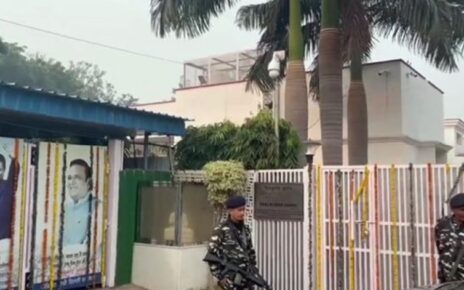Indian Supreme Court made an important ruling on Wednesday, 15th May 2024, which liberated Prabir Purkayastha who is associated with NewsClick as its founder and chief editor. It was observed that Delhi Police violated the Unlawful Activities (Prevention) Act (UAPA) by arresting Purkayastha without any valid reason. Such a justification was made from the fact that
Delhi Police did not present the remand application to Purkayastha before making a remand order against him on 4th October 2023. A previous judgement by the Supreme Court had made it obligatory for anyone getting arrested to be given the reasons for being taken exact copy.
Purkayastha contested the legality of his arrest, citing the failure to provide written grounds. The Delhi Police argued that serving the remand application fulfilled this requirement. However, the Court found inconsistencies in their argument. They noted that the remand order was recorded at 6:00 AM, while the application was served much later. The Court questioned why the order was issued before serving the application.
The Delhi Police claimed that the recorded time in the remand order was a mistake and that the order was passed after serving the application. However, the Court rejected this explanation, relying solely on the documented time.
Another individual, Amit Chakraborty, NewsClick’s human resources head, was also arrested but later withdrew his plea after becoming an approver for the Enforcement Directorate and receiving a pardon.
Also Read: Bajaj Finserv Debuts India’s First Dividend-Yield Multi-Asset Fund
Purkayastha’s arrest followed allegations from a New York Times investigation claiming that NewsClick received funding from a network promoting Chinese propaganda. The Delhi Police filed an extensive chargesheet, accusing NewsClick and Purkayastha of terror funding and promoting Chinese propaganda.
While the Supreme Court declared the arrest and remand illegal, they acknowledged the chargesheet filed against Purkayastha. As a result, they ordered his release, subject to bail conditions set by the trial court.
The judgement has sparked varied reactions, with some viewing it as a triumph for press freedom, while others express concerns that it allows individuals possibly involved in illegal activities to evade justice due to technicalities.




